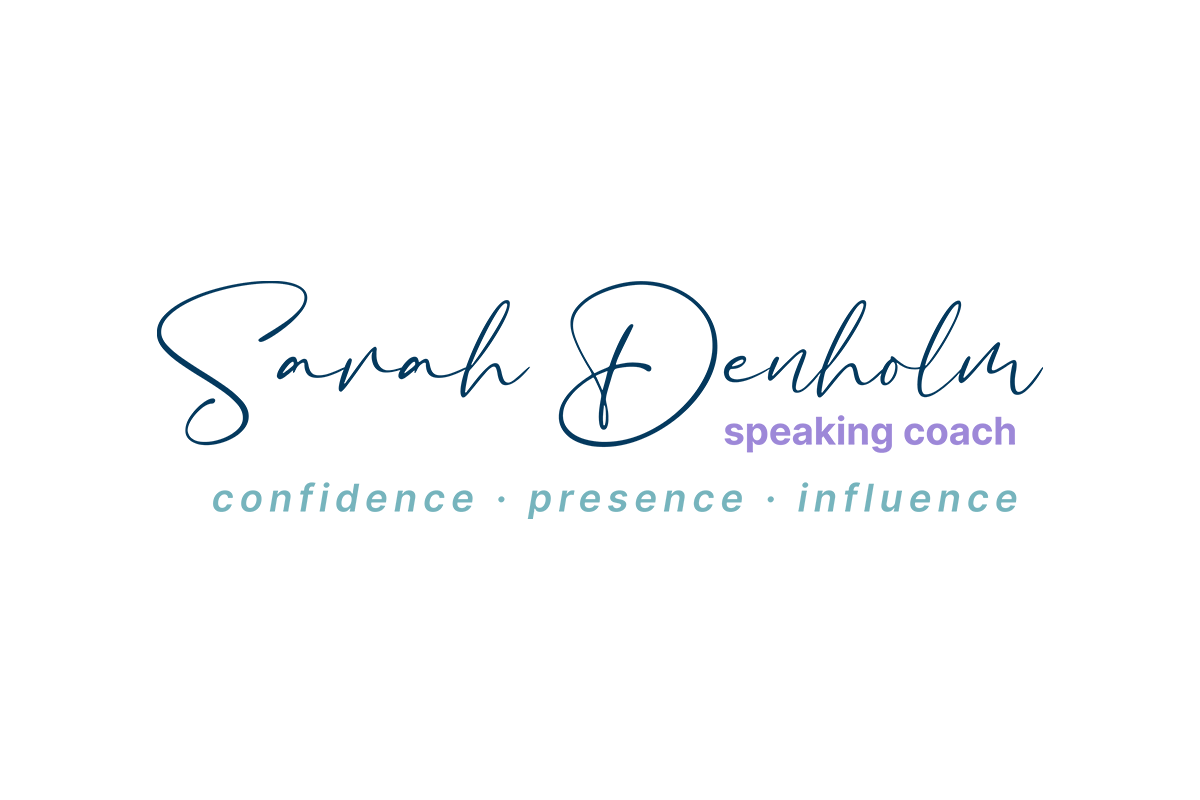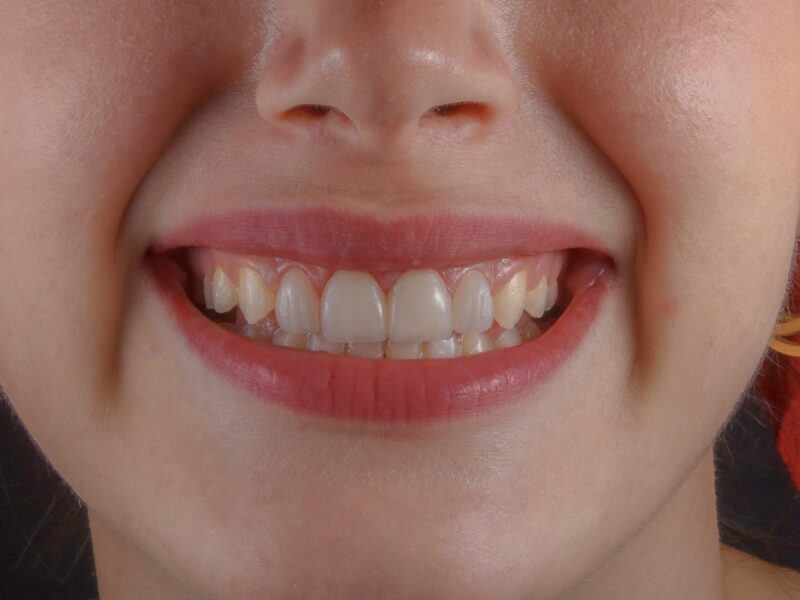I’m always on the lookout for techniques to help clients reduce stress and anxiety levels. And I’ve been talking to a lot of my private clients recently about how going through stress in their lives can make their public speaking anxiety worse – which makes total sense.

In fact for a few clients, stress was the trigger which set off their speaking anxiety in the first place. One had been fine about speaking in public until his mother died, when he just stopped coping with the pressure. For me too: my original debilitating performance anxiety was triggered by illness where I retreated from the world for a few months, then freaked out when I went back out there onto stage.
An article I came across while I was doing this anxiety research really struck me, and I like it so much that I’m going to share it with you today. It’s from Greg McKeown’s blog, and was originally posted in the Harvard Business Review in 2014. (Greg is the author of Essentialism, which is about – as it sounds – stripping and simplifying your life back to its essentials.) The article is here:
http://gregmckeown.com/blog/reduce-your-stress-in-two-minutes-a-day/
Let me summarise the main ideas for you. In the blog, Greg talks about the experiences of his client Bill Rielly, a hard-driving U.S. executive – no matter how hard Bill pushed himself, he was never satisfied with his performance. His stress and anxiety levels were so high that he could barely sleep at night, despite having success in the outside world and living a great life.
Bill began to do research on stress and anxiety, and found five tools which turned his life around. He started really small – and this is a massive key to actually making these ideas stick. They’re all simple; you’ll already know them. But as always, my question (and a question for myself too, I’m not immune from this!) is: “you know these things, but are you doing them?” We all know what we need to do – but there’s often a yawning chasm between knowing and doing.
The five tools are:
Breathing
Meditating
Listening
Questioning
Purpose
And in case you’re going “yeah, yeah”, whatever…there are a few angles on how these tools work that are well worth reading. First is the sheer simplicity and how Bill started. For example:
The breathing tool: he started by taking just three deep breaths when he sat down at his desk. (By the way, the three breaths concept is born out by research. You need a minimum of three to begin to lower your blood pressure and calm your nervous system. I work with breath a lot with clients, and use it myself, and it does really help. (For more of my thoughts on breathing, read Public Speaking Fear: How Breathing will Help.)
The questioning tool: Bill’s way, and again I highly recommend this idea, is to question his own thoughts. He’d ask himself “is that thought true?”, and if he wasn’t absolutely sure it was, he’d let it go. He said of this tool: “Thank your mind for coming up with the thought and move on. I found this liberating because it gave me an outlet for negative thoughts, a relief valve I didn’t have before.”
The meditation tool: he started with one minute a day.
See how you can start small? Three deep breaths when you sit down at your desk. One minute a day with meditation. Start with the minimum, and build up.
And purpose: this wasn’t his life purpose – which can be huge and often hard to pin down anyway – it was to commit purposefully to whatever he was doing in that moment: watching TV, eating etc.
The article will take less than two minutes to read; so if you want to reduce stress around your speaking – and your life – check it out: http://gregmckeown.com/blog/reduce-your-stress-in-two-minutes-a-day/





